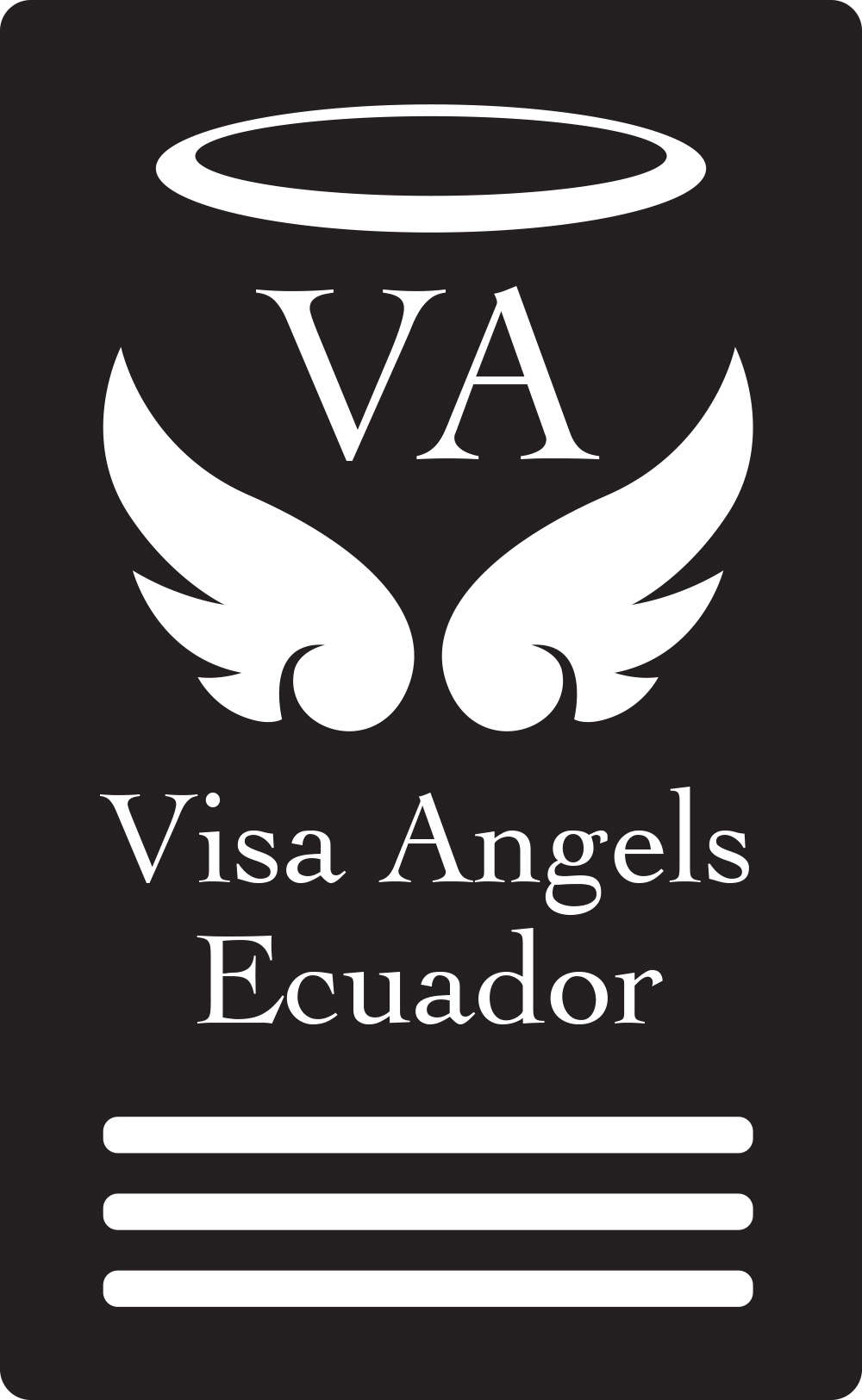Expat 101: Ecuador Visas Made Easy
By Donna StitelerApril 6, 2018
To most of us, applying for a visa is as horrifying as watching Stephen King’s horror sensation “The Shining” because even though Jack Torrance (Jack Nicholson) is telling you everything’s alright, you still feel like something daunting is about to happen…like being stuck in that dreaded hedge maze. But not to worry, it’s not that scary. We all have that initial reaction when applying for our visas.
Although the process for getting your visa in Ecuador is tedious, it can be done on your own as most of the things required, you’ll be gathering anyway. But once the paperwork is compiled, getting the approval of the clerks who process the visas can be complicated. The clerks’ jobs are a position of prestige, because they are involved in the decision of who gets to live in their country. And each clerk may interpret the law slightly differently.
Having a professional who understands the process and has the respect of the clerks may be helpful in moving your process forward. For example, on our final stage of getting our visa paperwork completed, the clerk denied our application because my husband, Rowland Hershey Stiteler III, had used lower-case “L’s” rather than the roman numerals for “III”. I still don’t get where the roman numerals are on my computer, but we came back the next day, saw a different person, and our “IIIs” were good.
Jodie Mansfield is a volunteer with Visa Angels—a non-profit group in Cuenca that helps future expats get their residency visas without them having to use an attorney or a facilitator. Although much has changed over the past few years, Jodie says the process is worth it because “the benefits of living here far outweigh the processes.”
These are the most common visa types for expats in Ecuador:
• Rentista Visa: This is for people with an income separate from their post-retirement income. It can be a trust, savings accounts, rental income, or even a job you are working at.
• Pensioner Visa: The easiest visa to apply for residency. It requires the person to have a minimum of $800 or more income for life, meaning social security, military retirement, and disability income. Each dependent requires $100 a month more.
• CD Investment Visa: Requires $27,000 for the primary applicant and an additional $500 per dependent. According to Jodie, real estate can be harder because the taxable value must be $30,000 and it requires a clean title all the way back to the first owner.
• Professional Visa: This recognizes your four-year degree or higher with an equal degree here in Ecuador. This can take quite a bit of time getting all the educational documents apostilled (a notarized certification, issued by the Secretary of State in the U.S. where your document originates, proving its authenticity with a public official’s signature and seal) which is best to do prior to leaving the US. These documents are submitted to Ecuador’s higher education department for acceptance, which can take up to 45 days. Only after this document is issued can you apply for the visa.
These are the most common visas that expats can apply for, but the first step is to apply for a two-year temporary residential visa. If you are using a CD, it must be for two years or longer. For applicants 65 years or younger the costs of the visas are $450. If applicants are over 65, the price is $225 per visa. After the two-year temporary visa, you can apply for permanent residency.
As Jodie points out, “All visa applications require an FBI criminal report for those 18 or older, and a statewide criminal report from every state you have lived in during the past five years. If you are a Canadian, a RCMP police report is required. Married couples need certified and apostilled marriage documents. The divorced or widowed require certified and apostilled copies of that event. All people are required to have a certified and apostilled copy of their birth certificate. Each different visa type requires different supporting documents.
“The visa process has become much stricter and no errors will be accepted. Proof of health insurance is also required for everyone. If you are a stickler for detail, totally flexible, and fairly fluent in Spanish you can try to file yourself but my suggestion is to work with someone who is known to the Ministry and is current with the process. Things can change daily,” adds Jodie.
But the good news, when you finish the process, you get to live in the wonderful world of Ecuador. If you are 65 or older you are eligible for phenomenal extra benefits—inexpensive medical care and medications, half-price bus transportation anywhere in the country, half-price tickets to movies plus sporting and cultural events, discounted airfare, a free landline telephone, and refund of your 12% IVA (VAT) tax.
